Vitamin B is vital for overall health, yet its significance is often overlooked until deficiency symptoms appear. These symptoms can impact energy levels and brain function, among other aspects of life.
Let's dive into the signs that may indicate a lack of this essential nutrient and explore the roles it plays in our body.
Understanding the Importance of Vitamin B

The Role of Vitamin B in Energy Production and Metabolism
Vitamin B is not just a single vitamin but rather a complex of eight different types that contribute to the body's energy production and metabolism. It converts food into energy, ensures that our cells function properly, and maintains energy levels.
For athletes, B vitamins are essential for breaking down proteins and carbohydrates, aiding in red blood cell production. Inadequate B vitamins can slow metabolism, impacting muscle performance and recovery.
Vitamin B's Impact on Brain Function and Mood
Vitamin B's influence extends to our neurological and psychological health. It is essential for the production of neurotransmitters, which regulate mood and brain function.
A lack of vitamin B can lead to neurological symptoms such as memory loss, mental confusion, and even depression. For instance, vitamin B12 plays a critical role in brain and spinal cord health, with a vitamin B12 deficiency potentially causing neurological problems. Adequate vitamin B intake supports concentration, memory, and mood balance.
Common Symptoms of Vitamin B Deficiency
Vitamin B deficiency can manifest in a range of symptoms that may affect your daily life. Recognizing these signs is vital for addressing the issue before it leads to more serious health complications.
Fatigue and Weakness
A prevalent sign of insufficient vitamin B is feeling extremely tired and weak. This occurs because your body lacks the necessary B vitamins to convert food into energy, leading to decreased stamina and endurance. If you're experiencing persistent fatigue that isn't resolved with rest, it might be time to evaluate your vitamin B intake.
Memory Loss and Cognitive Decline
Vitamin B plays a significant role in brain health, and a deficiency can lead to memory challenges and cognitive decline. If you're noticing difficulties with concentration, remembering tasks, or feeling mentally 'foggy,' it could be a sign that your nervous system is craving more B vitamins.
Anemia and Pale Skin
A telltale sign of vitamin B12 or folate deficiency is anemia, which can make your skin appear paler than usual. This happens because the body struggles to produce healthy red blood cells, resulting in fewer cells to carry oxygen throughout your body, making you look washed out.
Tingling Sensations and Nerve Damage
Experiencing symptoms of tingling or numbness in your hands, feet, or limbs can be alarming. These sensations are symptoms related to nerve damage caused by a prolonged lack of vitamin B12, which is essential for healthy nerve function and can lead to more severe neurological problems if left untreated.
Causes of Vitamin B Deficiency
Understanding the root causes of vitamin B deficiency is the first step toward prevention and treatment. Let's explore some of the common factors that can lead to this condition.
Poor Diet and Malnutrition
A diet lacking in vitamin B-rich foods is a primary cause of deficiency. A vegetarian or vegan diet often lacks sufficient B12, which is found predominantly in animal products. Additionally, a diet high in processed foods may lack the necessary B vitamins, leading to malnutrition and deficiency.
Absorption Issues and Medical Conditions
Sometimes, the body may struggle to absorb vitamin B, even if your diet is adequate. Conditions such as Crohn's disease, celiac disease, and certain medications, like proton pump inhibitors, can interfere with the absorption process. Alcohol abuse and weight loss surgery are also known to affect the body's ability to absorb B vitamins.
How to Prevent and Address Vitamin B Deficiency

Preventing vitamin B deficiency starts with a balanced diet that includes a variety of B-rich foods. Consuming foods high in B vitamins, such as dark green leafy vegetables, dairy products, and fortified breakfast cereals, can help maintain adequate levels.
For those on a vegan or vegetarian diet, nutritional yeast is a great source of B vitamins, including B12. The body can store some B vitamins, but consuming them regularly is essential to avoid deficiency.
Choosing the Right Supplements for Your Needs

When diet alone isn't enough, vitamin supplements can play a critical role in preventing and addressing vitamin B deficiency. Gaspari Nutrition offers Anavite and Anavite XT multivitamins, which are technologically advanced nutrition that support athletic performance and recovery.
Anavite and Anavite XT meet the Recommended Daily Value (RDA) for B vitamins and are in a form that the body absorbs well. Its unique formula stands out with a potent blend of vitamins, minerals, and amino acids, backed by research.
Frequently Asked Questions
Can vitamin B deficiency be reversed?
Yes, vitamin B deficiency can often be reversed. Addressing the underlying causes and improving your intake through diet and dietary supplements can restore your levels and alleviate symptoms. In severe cases, B12 medications or injections may be needed. With proper intervention, symptoms improve, and you can return to feeling energetic and mentally sharp.
When should I consult a doctor for vitamin B deficiency symptoms?
Consult a doctor for persistent symptoms of vitamin B deficiency like fatigue, muscle weakness, neurological issues, or memory loss, especially if at higher risk due to diet, medication, or health conditions. Early diagnosis and treatment prevent long-term damage and ensure your body functions properly.



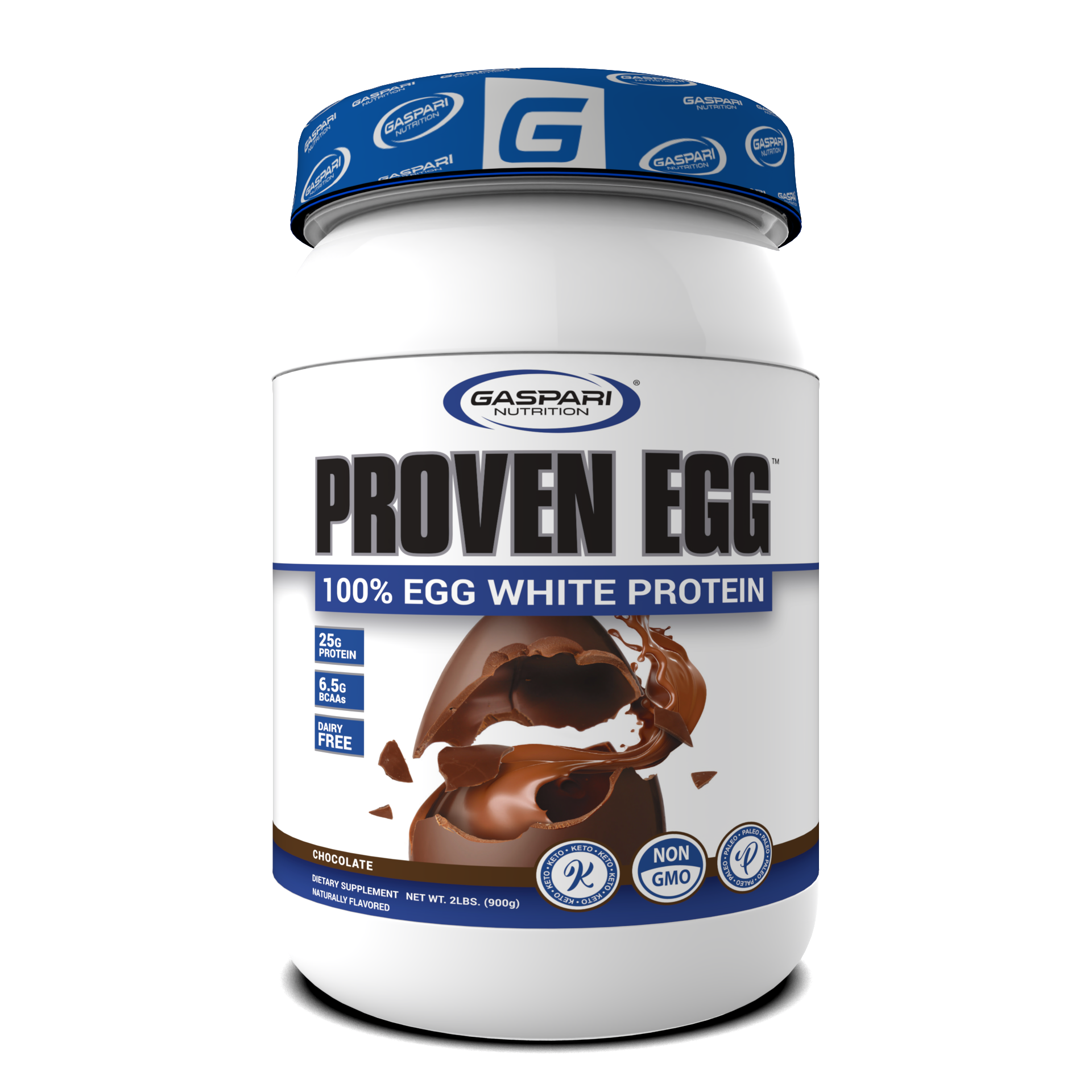



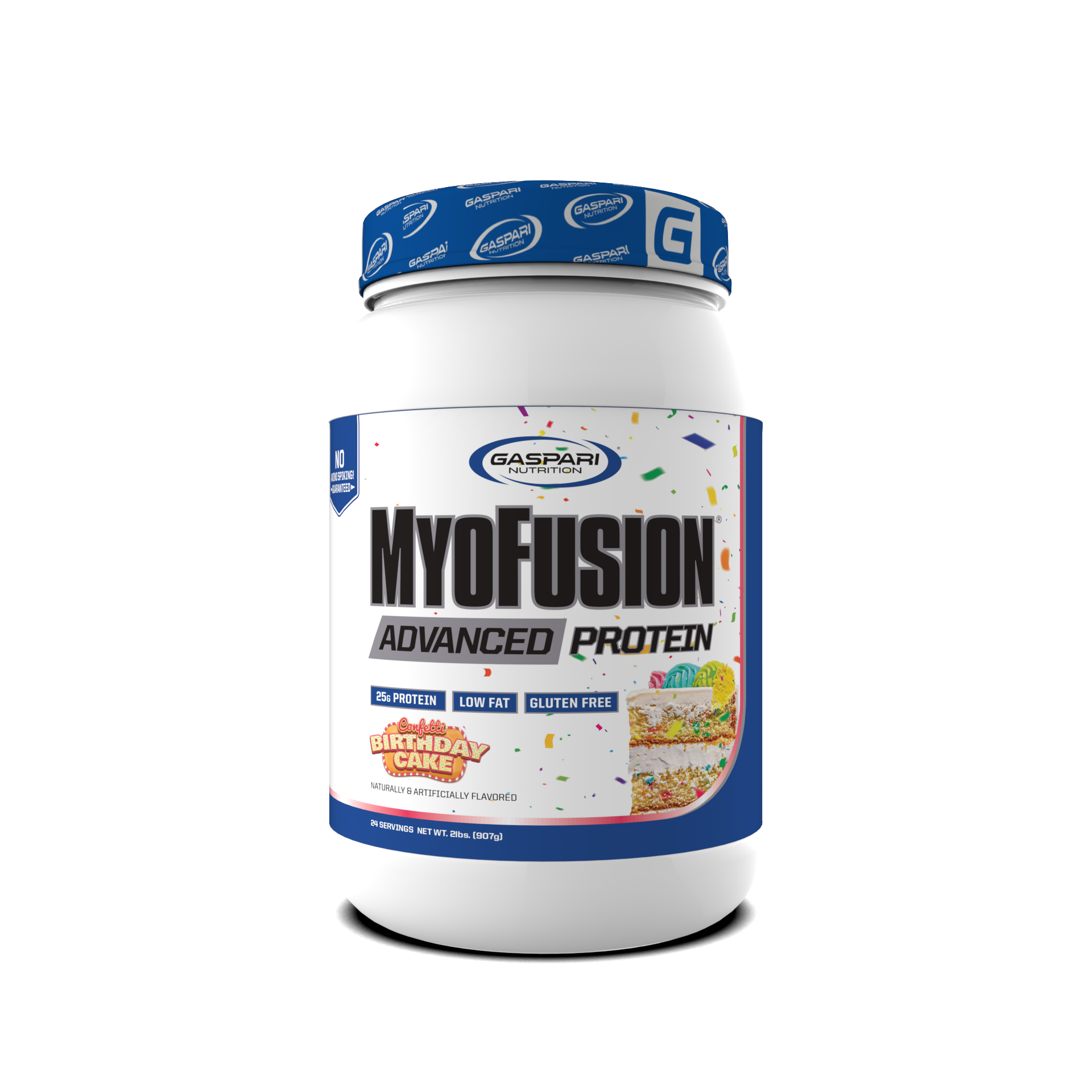








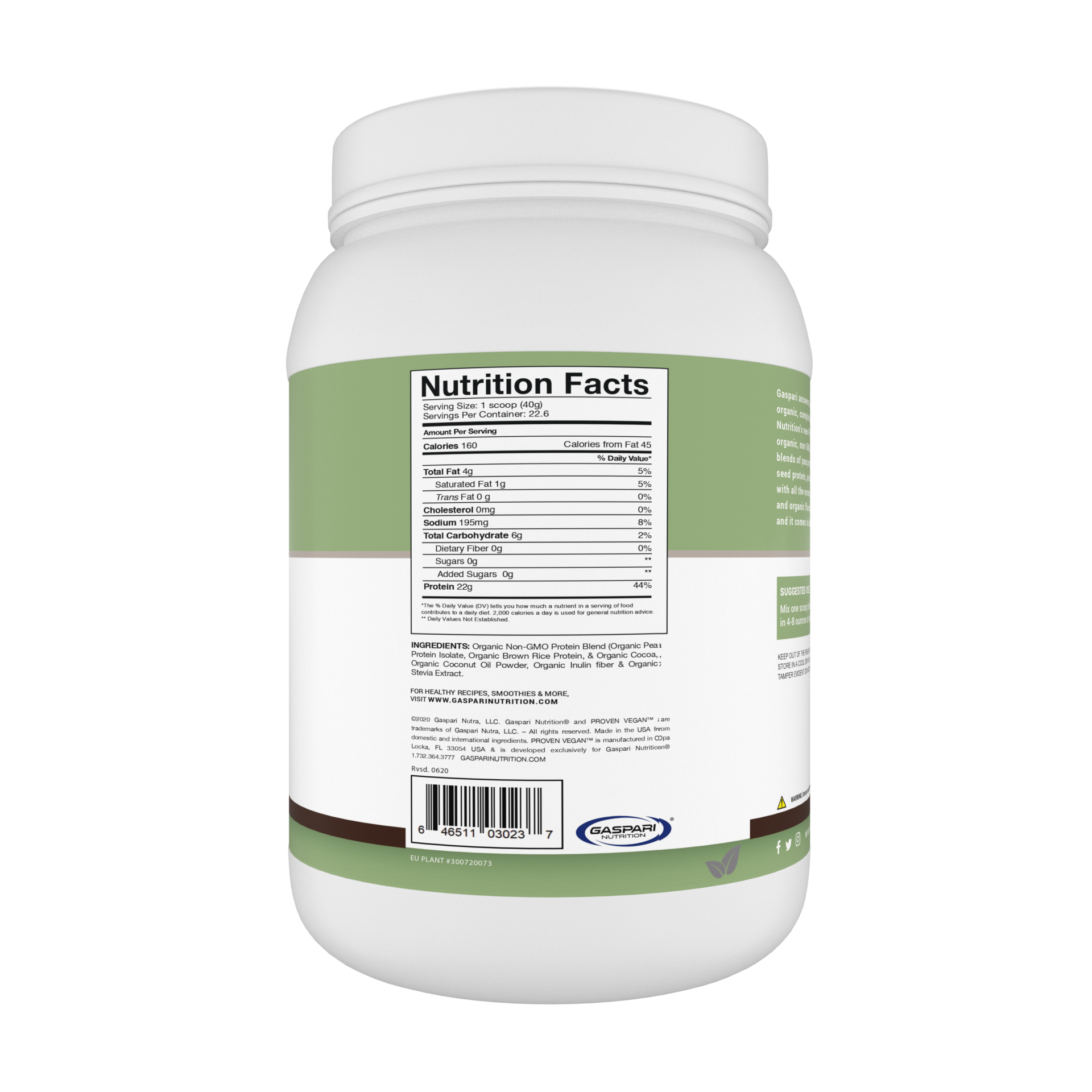






















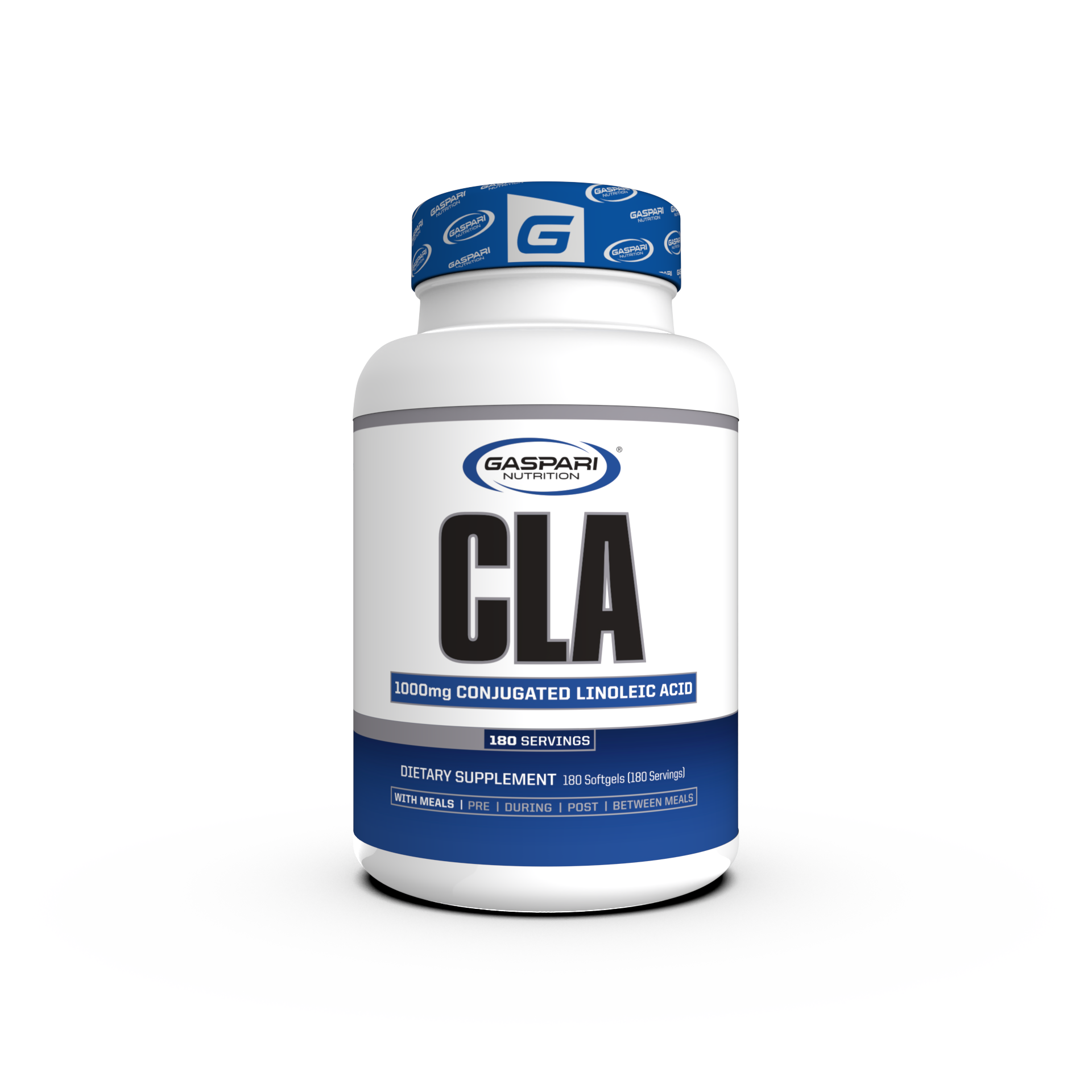



















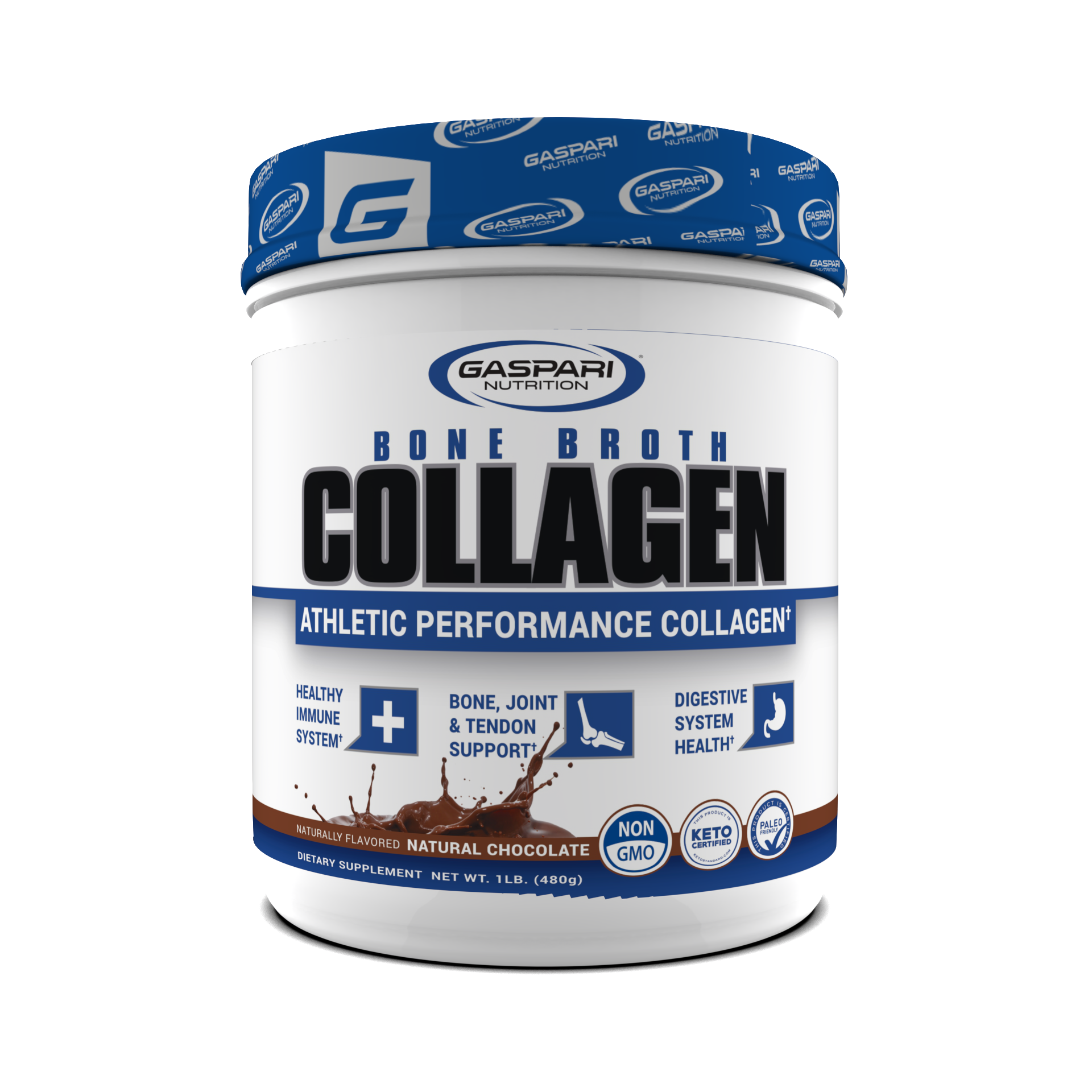















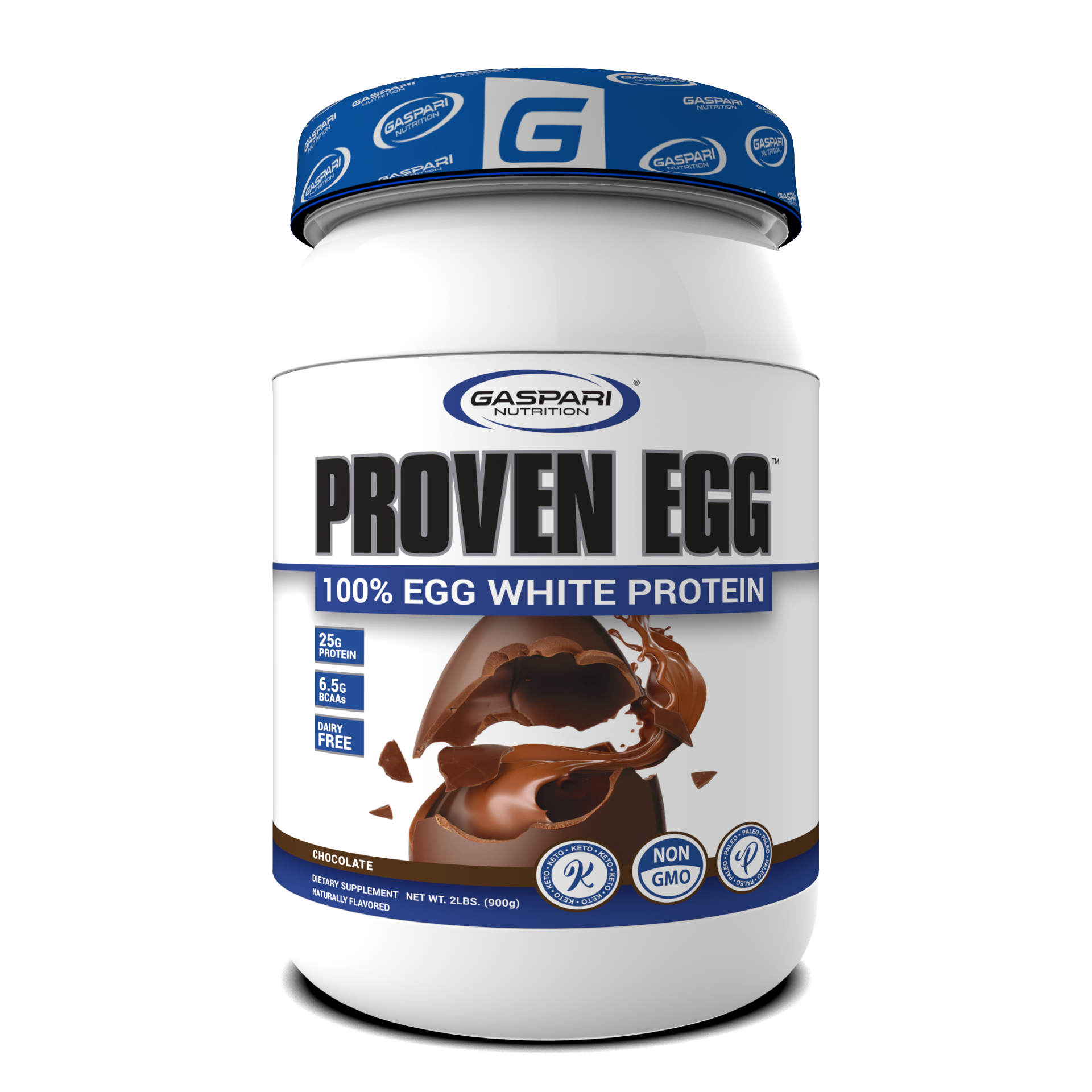

Share:
Is Pre-Workout Necessary? Understanding Its Role in Fitness
Top 5 Exercises for Strengthening the Hamstrings